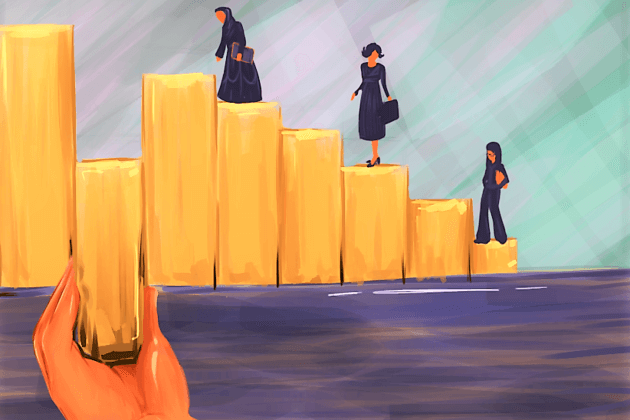Arab Women Are Left Out of University Leadership
I led an editorial team that surveyed 702 Arab higher education institutions and found that women led fewer than 7 percent of them. Nine Arab countries had no female academic leaders at all. This was the first time that the weak position of women in Arab academic leadership has been documented.



